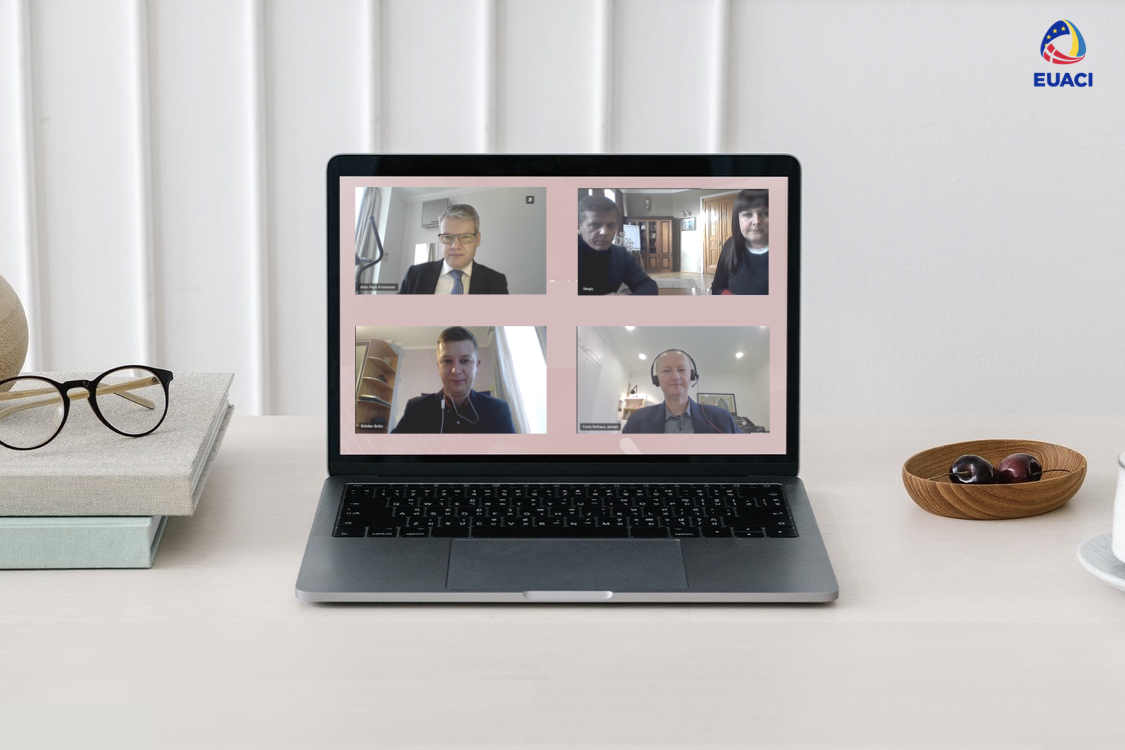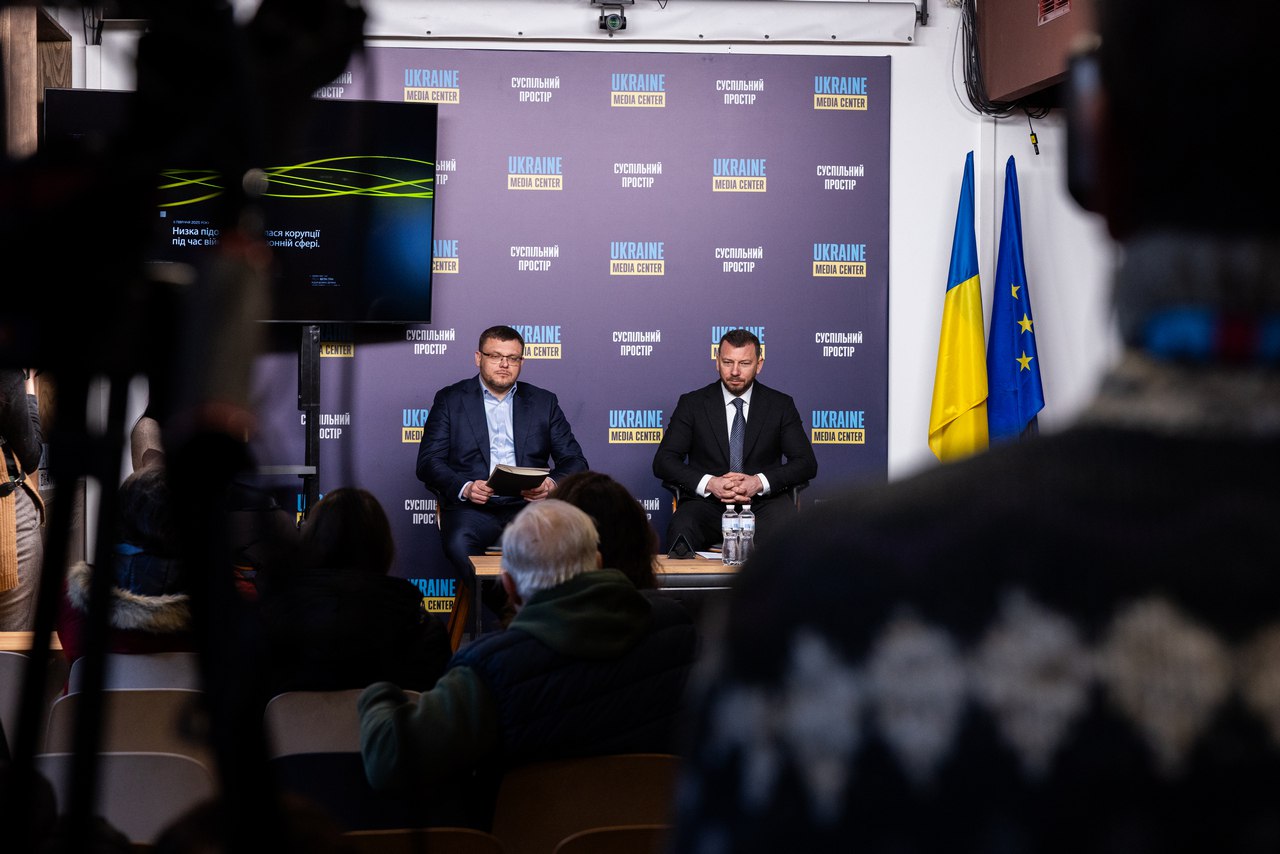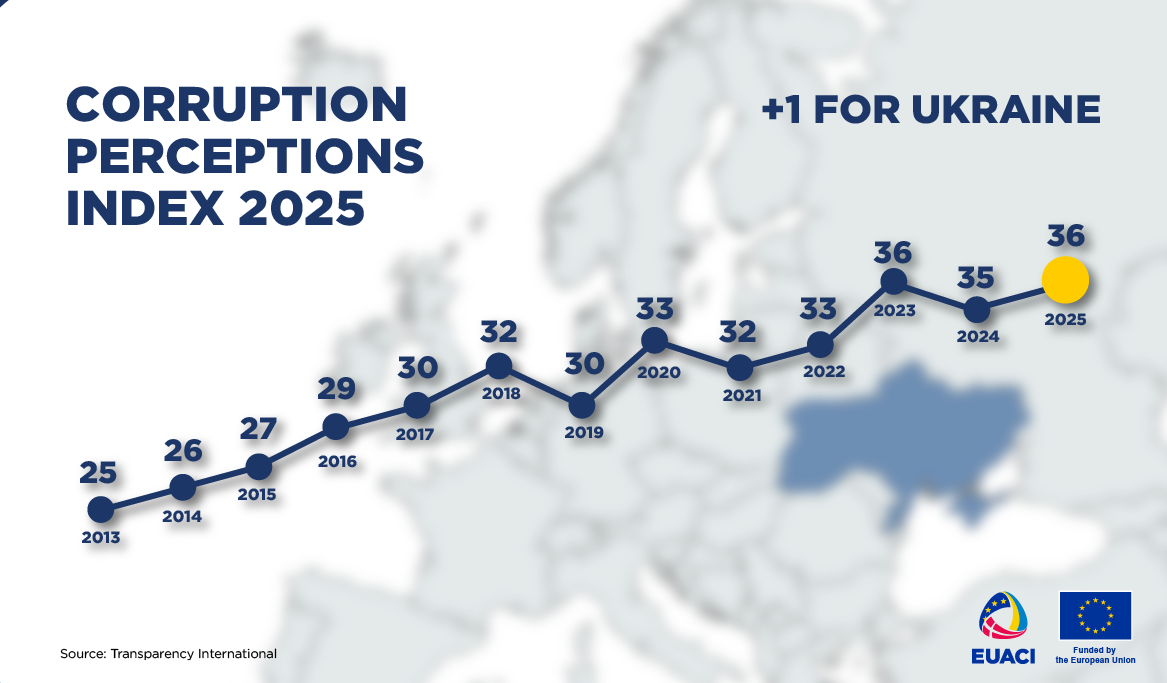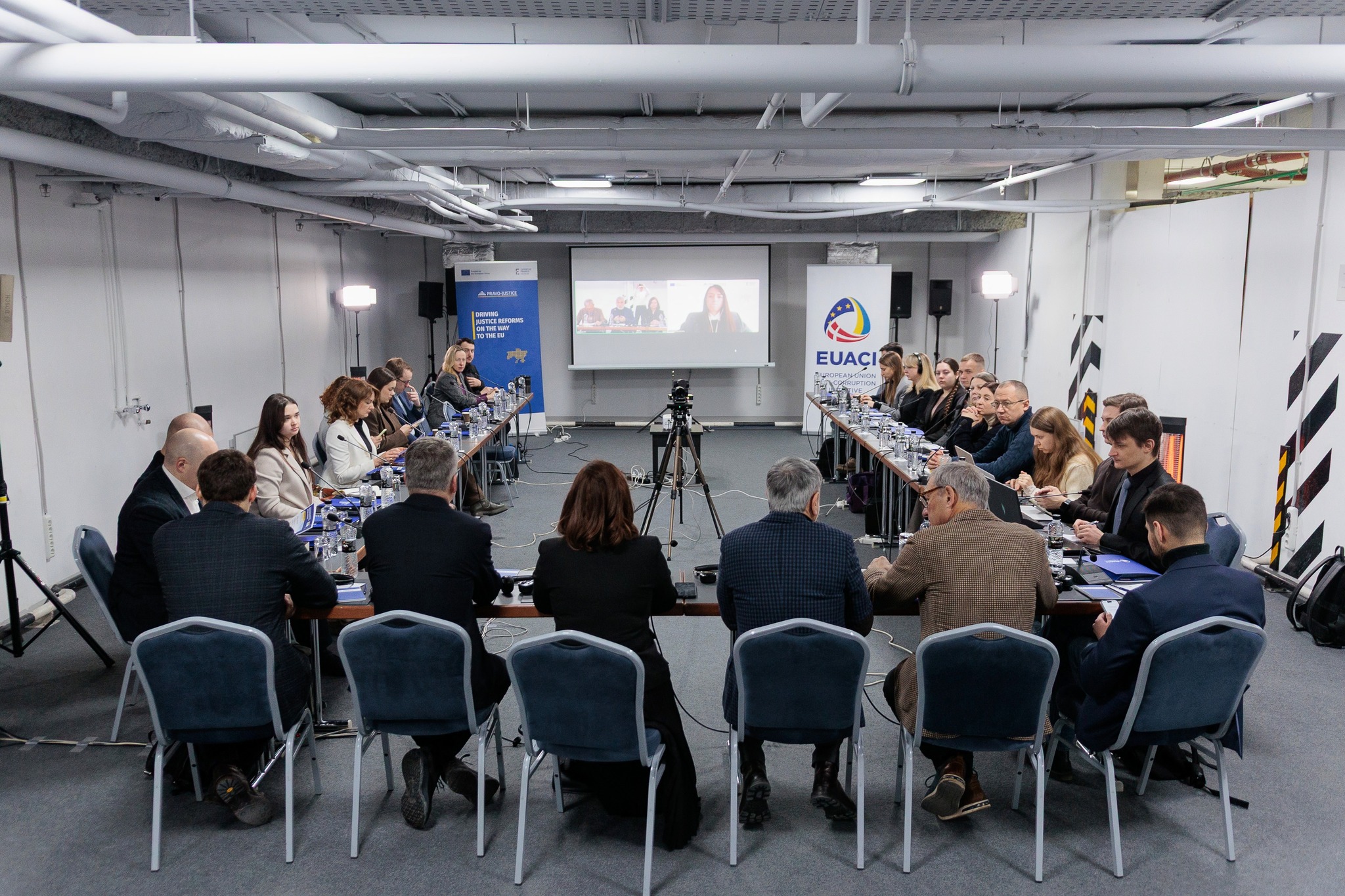EUACI Head of Unit and the Mayor of Zhytomyr confirmed prolongation of the cooperation under the Integrity Cities project
On February 2nd the EU Anti-Corruption Initiative (EUACI) held a strategic meeting with the Mayor of Zhytomyr, during which both parties confirmed the prolongation of the cooperation on strengthening the integrity and transparency of the city. The cooperation is part of EUACI’s Integrity Cities project aimed at helping partner cities enhance their integrity, transparency, and accountability.
EUACI Head of Unit, Allan Pagh Kristensen stated:
“We at the EUACI appreciate all the extensive work done by Zhytomyr in the direction of strengthening the city’s integrity. During the past years, we have succeeded in implementing the GeoPortal (geographic information system), assessed the corruption risks, and set the mitigation plan. Taking into account all the achievements, it is essential for us to continue our cooperation and enhance our engagement with Zhytomyr as part of EUACI Phase II launched recently”.
The Mayor of Zhytomyr Serhiy Sukhomlyn said:
“Zhytomyr region became the best in Ukraine for doing business in 2020 according to the assessment of the Better Regulation Delivery Office (BRDO). This result was achieved also thanks to the contribution of the EU Anti-Corruption Initiative. Thus, we are pleased to continue the development of our partnership for the future of the city”.
Recently the EUACI has reconfirmed the intentions to continue to implement the Integrity Cities project in cooperation with Nikopol and Chervonohrad. The Integrity Cities project also incorporates the capacity development in Chernivtsi and Mariupol.
The EU Anti-Corruption Initiative has been supporting and assisting Ukraine in the fight against corruption since 2017, funded by the European Union, co-funded and implemented by the Ministry of Foreign Affairs of Denmark.



